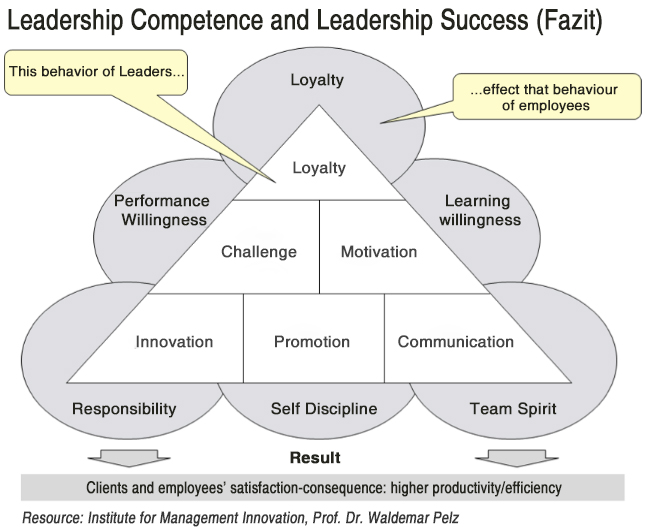eurac Executive Academy
Through a strong concentration on the scientific and business advisory fields, eurac has specialized its own trainings concept around the individuals’ competencies for success: the eurac skill and competency framework.
As a professional trendsetter in the development of excellence for
Individuals: (Personal Excellence)
Teams: (Team Excellence)
Companies/Organizations: (Company Excellence)
eurac continuously invests in the latest research and science to develop methods and techniques of communication, leadership, and self-management.
The strength of eurac is to work with small and exclusive groups, in order to provide individuality, differentiation, and quality at the highest level. This is underlined by the international certificates of eurac-education according to international standards offered together with our partner universities.

“You!” Excellence
“YOU!” Excellence is about the active self-design of your own life, in other words, self-management. The concept of management comes from the Latin words “manu agere”, meaning “take something in your hand.” It is to seize, to grasp, or to have something handled, in this case your self.
These competencies are:
Communication Competencies
- Interpersonal
- Intrapersonal
Self-Management Competencies
- Self-competence and Performance
- Change Management
In particular:
- Task Management to coordinate upcoming tasks
- Motivation as a prerequisite for self-management
- Self-regulation as the background of the cybernetic system theory
- Transformation Competency as a competency to change goals into results
- Volition (Management) as willpower for self-control
- Volition (Psychology) as the development of goals and objectives
- Time Management as an aspect of self-management
Communication Competencies
Having good communication skills is one of the most important parts of social skills. It includes the ability to dialogue, to express oneself orally, to moderate, and to argue. Communication is a trainable skill that requires systematic practice and learning certain techniques. Through eurac, you will not only obtain communication skills, but also further develop your insights into the communication process.
Self-Management Competencies
Self-management is defined as the ability to create solutions in difficult situations for yourself, in order to overcome these situations successfully. In short, self-management refers to “managing” your own mental and emotional state.
The mental sphere is the most important, followed by the emotional. They are interdependent. A change on one level has logical consequences on the other level.
There are various topics in the mental and emotional spheres, including dealing with self-esteem, self-confidence, values, personal goals, etc.
Leadership Excellence
The concept of Leadership means “conduct”, “set the direction”, or “set in motion”. Leadership refers to planning, coordinating, and controlling activities in groups, teams, and organizations.
Leadership Competencies are:
- Authentic leading – e.g., by modeling the way
- Challenging the process
- Make suggestions –ability toinspire and encourage
- Promote innovative thinking
- Leading – Challenging – Stimulating – Giving perspectives
- Ability to build teams – Communication competencies

Training Excellence
It is becoming increasingly important that those who want to achieve success possess the ability to speak confidently and convincingly in front of groups, have well-prepared lectures and presentations, and are able to create a comfortable and motivated atmosphere. Even in minor discussions and meetings, good presentation skills are extremely important.
The goal of the trainers’ training is to significantly increase your performance as trainer, presenter, speaker, and/or salesman/woman.
Training competencies are:
- Identification and coordination of group processes
- Spoken competencies at different levels of (participant-oriented) communication
- Dealing with attacks and difficult participants
- Preparing and giving excellent talks and lectures
- Creating a pleasant learning atmosphere
- Authentic, genuine, and reliable presentations
- Presentation competencies and tricks
- Self-coaching and self-reflection based on participants’ feedback
- A goal-oriented approach to presentations
- Designing trainings and training transfer
- Using anchors, body language, and voice
- Using the right learning materials for presentations
